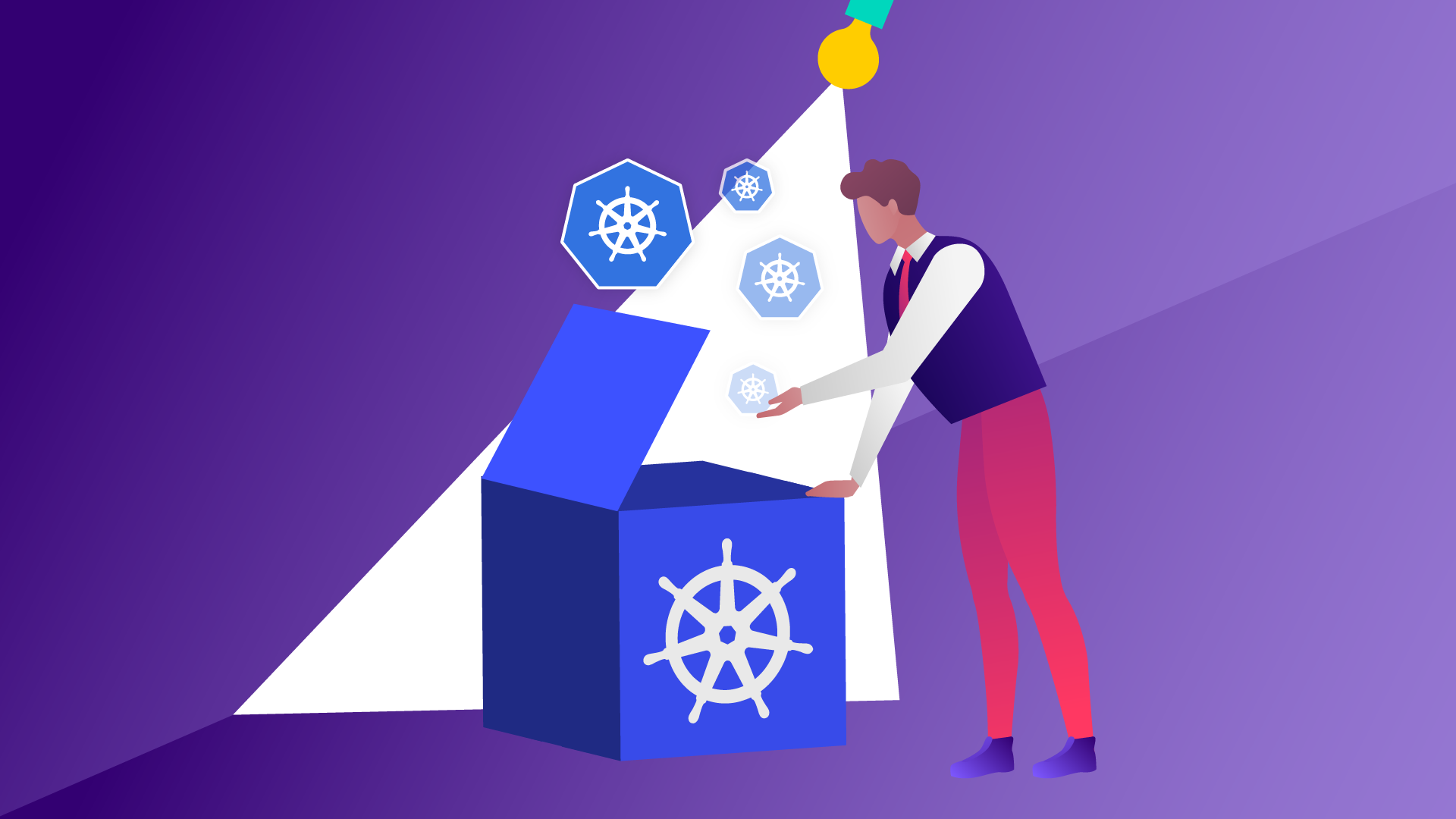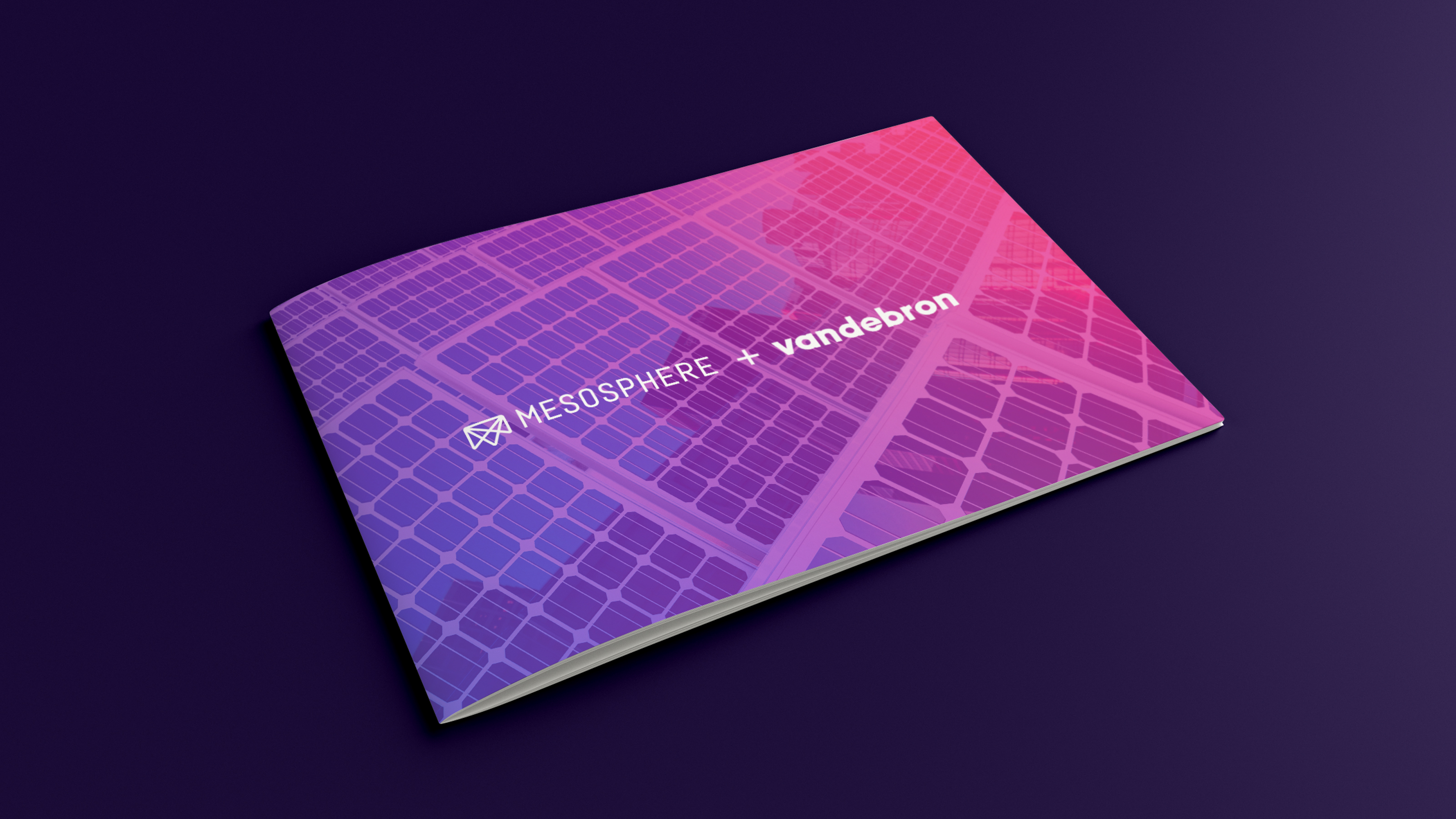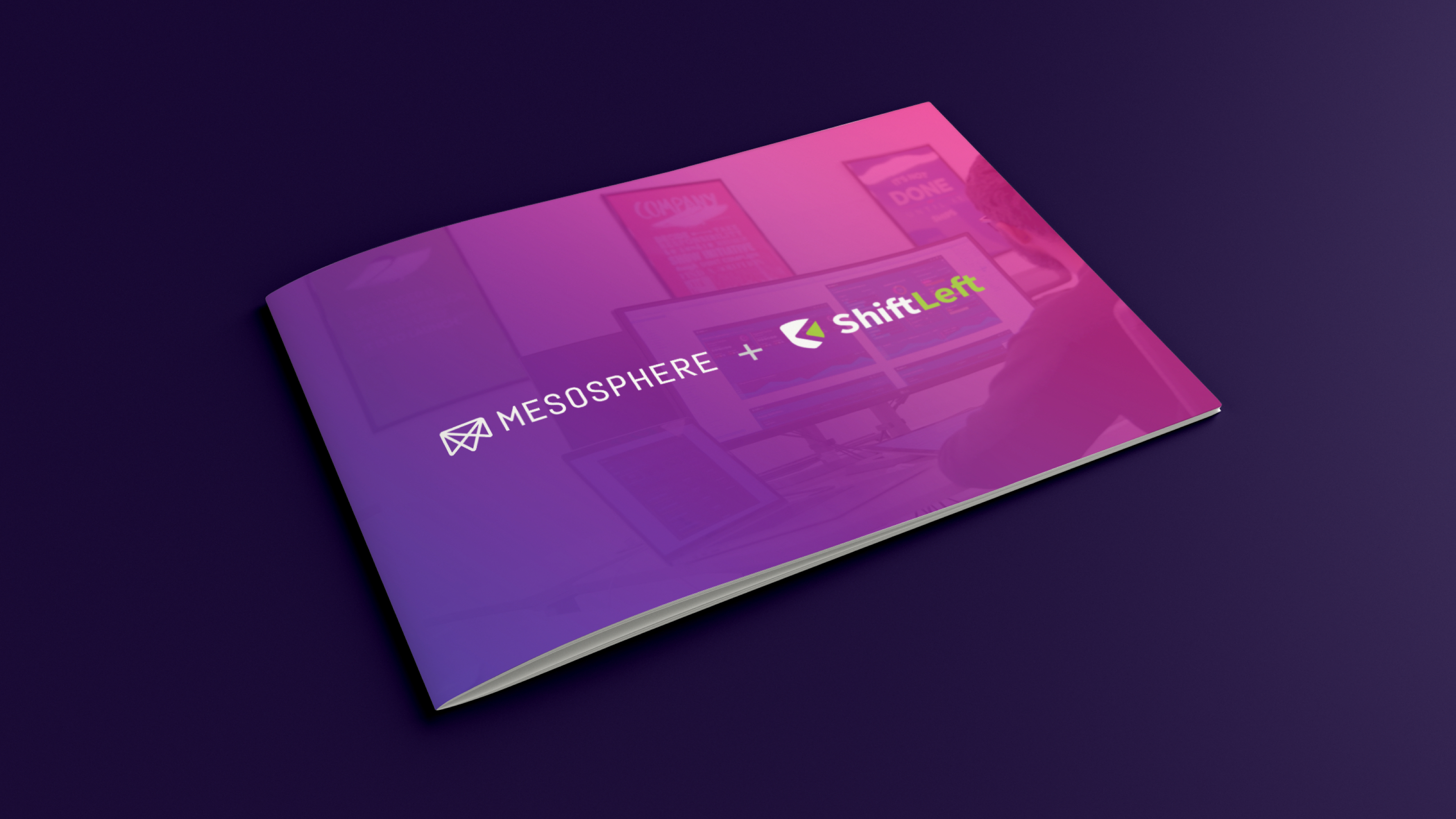Girls Who Code Accelerated Kubernetes Adoption | D2iQ
Learn How Girls Who Code Quickly Got Into Production at Scale with Zero Downtime

3 min read
Running Kubernetes in production at scale can be a huge challenge for today’s organizations. And few companies have the right platform, experience, and skills to get there themselves. This was the case with Girls Who Code, an international nonprofit organization working to close the gender gap in technology, who had to quickly change course and develop things that weren’t on their radar months ago because of the COVID-19 pandemic.
Before D2iQ, the company’s website and educational platform used shared hosting and support to keep expenses down. However, as their customer base grew, they ran into performance and reliability issues that had a significant impact on the user experience.
“There was a moment when we started experiencing a rescheduling storm when one node would stop performing and tried to reschedule everything to another node,” explained Yuri Gubin from DataArt, a technology advisor and partner of Girls Who Code. “We had very limited observability. We could not identify the root cause of the issue and why it was causing random downtime during the day. And because it was happening during peak time when there were more students on the platform, it caused a lot of frustration.”
The company needed a flexible and resilient solution that enabled them to enhance their remote production workflows and provide women with continuous learning opportunities at scale.
“When things like the pandemic happen, you need to make adjustments,” explained Hunsinger. “We needed to do something about this issue fast. We realized that if we wanted to increase the average number of girls enrolled in a platform, we needed to switch to a solution that could support that.”
To bring their vision to light, Girls Who Code turned to the D2iQ Kubernetes Platform (DKP) to tackle their unique infrastructure and operational challenges. With DKP, the company was able to quickly stand up a production-ready environment, creating clusters in hours instead of weeks. And when the team moved forward with production, the switch from the old environment to the new environment was “seamless.”
“As soon as we implemented DKP, we had all the instances and VMs we needed up and running,” explained Gubin. “We had extensive monitoring. We had all the automation and CI/CD processes in place. It had all the templates to provision infrastructure and AWS. So, from a technical perspective, we were very happy with everything that was there. We didn’t need to solve it ourselves because DKP already solved it for us.”
With DKP’s built-in automation capabilities, the team was able to provision, configure, and deploy new services and applications at scale, providing students with a world-class remote learning experience.
In addition, D2iQ provided ongoing technical support to the company, so when issues arose, they could troubleshoot issues faster and efficiently.
“There was a moment when we had trouble with one of the services that we were running, and I was surprised by how comprehensive D2iQ’s response was. Usually when you work with support teams, the response time is very long. Within just a few hours, D2iQ provided a diagnosis of what was causing the issues and suggestions for how to configure the services in a different way. They didn’t provide us with a link to go read and figure out the answers for ourselves. They told us what we needed to do. I couldn’t imagine troubleshooting issues without D2iQ.”
No matter where the technology landscape is headed, Girls Who Code has the Kubernetes infrastructure in place to meet young women where they are and adapt to any situation that comes their way.
Click here to learn how D2iQ can help you simplify and accelerate Kubernetes adoption, or talk to one of our experts.









